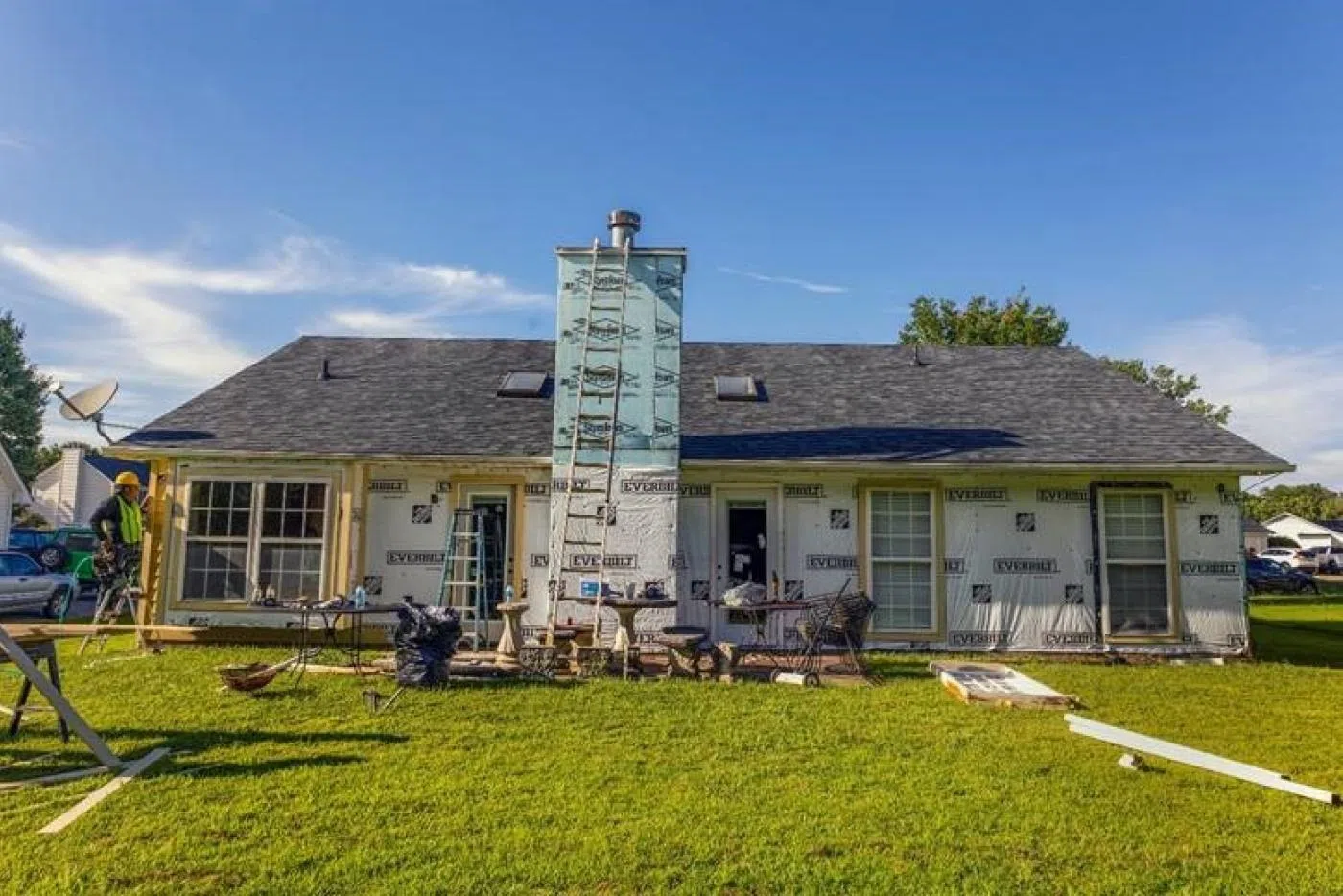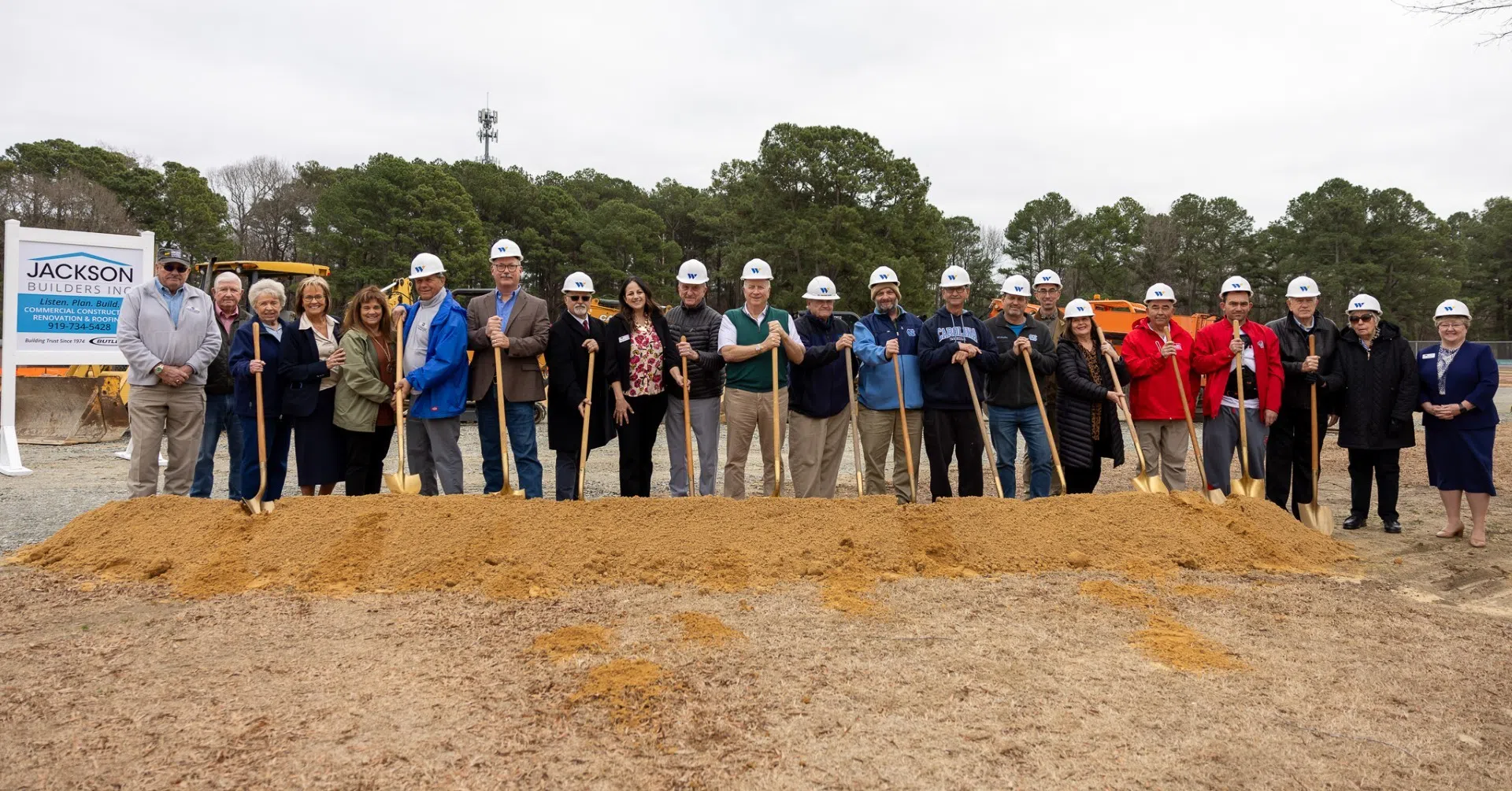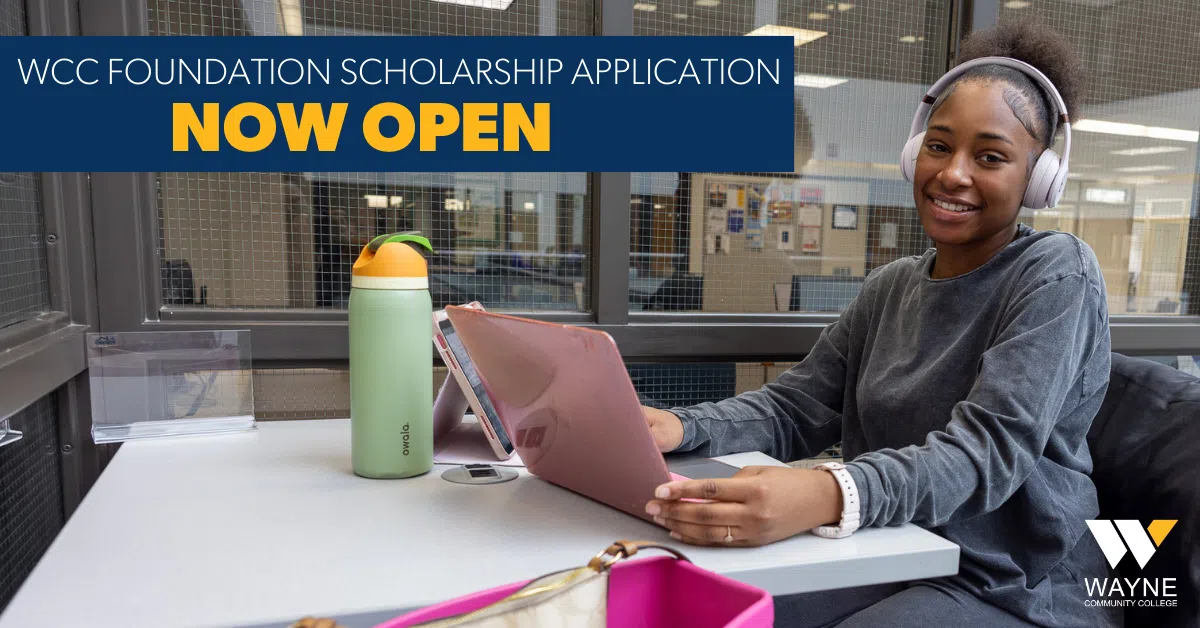RALEIGH, NC – North Carolina has achieved a significant milestone in Hurricane Helene recovery efforts, completing repairs to the first home approved for assistance through the Renew NC Single-Family Housing Program (SFHP). The completion marks North Carolina as the first state affected by Hurricane Helene to begin its home renovation and reconstruction program.
Historic Recovery Timeline
North Carolina has set a national precedent for disaster response efficiency, becoming the fastest state in more than a decade – since Hurricane Sandy – to begin rebuilding homes after a major hurricane using federal Community Development Block Grant-Disaster Recovery (CDBG-DR) funding from the U.S. Department of Housing and Urban Development.
“Rebuilding safe and sustainable housing is crucial to helping western North Carolina get back on its feet,” said Governor Josh Stein. “Completing our first home is an important milestone in the Hurricane Helene recovery process. I applaud my team for moving at record speed. Let’s keep swinging hammers and getting more families back home.”
Program Overview and Funding
The Renew NC initiative operates through the North Carolina Department of Commerce’s Division of Community Revitalization and has received overwhelming community response. More than 1,900 applications have been submitted to date, with the program utilizing $807 million in federal funding specifically allocated for single-family housing assistance.
The program targets low- to moderate-income families in communities that experienced significant damage from what officials describe as the most destructive storm in state history. Homeowners in 29 counties are eligible to apply for assistance, including all of western North Carolina’s most affected areas.
Personal Impact: First Recipient Shares Her Story
Matalene Waters, a nearly 30-year resident of western North Carolina, became the first homeowner to complete repairs through the program. Her experience illustrates both the devastating impact of Hurricane Helene and the emotional relief provided by the recovery assistance.
“When Helene came, the flood came down the street and into the backyard, and it came all the way up to the [outdoor] light sockets,” Waters explained. “It flooded all of my furniture and appliances, so we had to destroy all of that. You don’t realize how much it affects your mind. You’re thinking you’re okay, but you’re not.”
Waters’ daughter, April Stewart, played a crucial role in connecting her mother with the program after learning about it through multiple community channels. Stewart emphasized the importance of keeping her mother in her longtime home rather than relocating.
“My mom is my hero. To get her back into her home, that was the plan,” Stewart said. “It wasn’t about relocating, uprooting her. This is where her roots are. This is where my children’s memories are.”
Community-Driven Outreach Efforts
The program has implemented a “neighbors helping neighbors” approach that has proven highly effective in increasing participation. Western North Carolina residents staff call centers, mobile pop-up sites, and canvassing teams that identify potentially eligible homeowners who have not yet applied.
This grassroots strategy has yielded impressive results, with applications nearly doubling from 1,000 on August 12 to more than 1,900 by August 27.
Transparency and Accountability
To ensure public transparency, Renew NC has launched a public dashboard at RenewNC.org that tracks application progress in real-time. The dashboard, updated daily, displays total applications received, county-by-county breakdowns, and current status of applications at various review and eligibility stages.
Leadership Perspective
Commerce Secretary Lee Lilley emphasized the program’s central role in community recovery efforts. “We know that housing is the key to rebuilding communities impacted by Helene,” Lilley stated. “We are committed to getting our neighbors back home as quickly and safely as we can, and Renew NC is essential to that effort.”
Division of Community Revitalization Deputy Secretary Stephanie McGarrah, a western North Carolina native, highlighted the significance of the construction milestone. “With the construction phase of our Single-Family Housing Program underway, we’re looking forward to helping restore housing stability across the region. We can’t understate the importance of this work.”
Geographic Scope
The program serves homeowners across a broad swath of North Carolina, covering Alexander, Alleghany, Ashe, Avery, Buncombe, Burke, Caldwell, Catawba, Clay, Cleveland, Gaston, Haywood, Henderson, Jackson, Lincoln, Macon, Madison, McDowell, Mitchell, Polk, Rutherford, Surry, Swain, Transylvania, Watauga, Wilkes, Yadkin, and Yancey counties, plus ZIP code 28214 in Mecklenburg County.
Future Program Expansion
Renew NC plans to launch additional housing programs later this year, including Multi-Family Housing assistance for rental projects and Workforce Housing for Ownership to develop affordable homeownership opportunities. Infrastructure and Economic Revitalization programs are also scheduled for implementation in the coming months.
The total CDBG-DR funding allocation for western North Carolina recovery reaches $1.4 billion, with $807 million specifically designated for single-family housing assistance.
How to Apply
Homeowners seeking information about the Renew NC Single-Family Housing Program can visit RenewNC.org, call (888) 791-0207, or visit in-person locations where program staff can help determine eligibility. The Renew NC mobile app is available for download on both Google Play Store and Apple App Store platforms.







